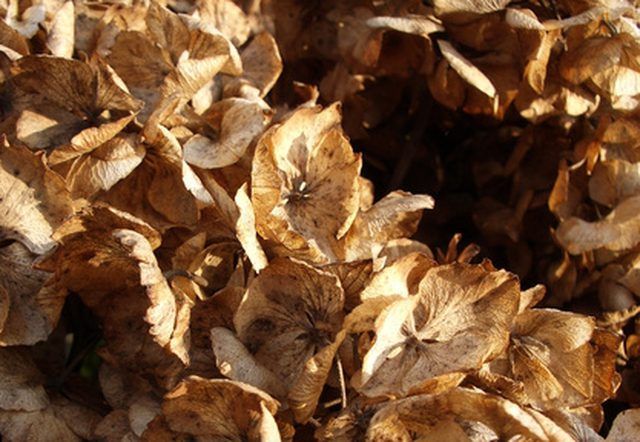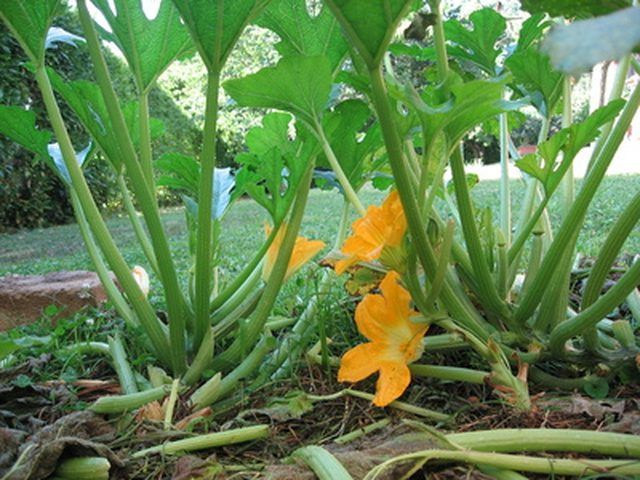Bulbs
Flower Basics
Flower Beds & Specialty Gardens
Flower Garden
Garden Furniture
Garden Gnomes
Garden Seeds
Garden Sheds
Garden Statues
Garden Tools & Supplies
Gardening Basics
Green & Organic
Groundcovers & Vines
Growing Annuals
Growing Basil
Growing Beans
Growing Berries
Growing Blueberries
Growing Cactus
Growing Corn
Growing Cotton
Growing Edibles
Growing Flowers
Growing Garlic
Growing Grapes
Growing Grass
Growing Herbs
Growing Jasmine
Growing Mint
Growing Mushrooms
Orchids
Growing Peanuts
Growing Perennials
Growing Plants
Growing Rosemary
Growing Roses
Growing Strawberries
Growing Sunflowers
Growing Thyme
Growing Tomatoes
Growing Tulips
Growing Vegetables
Herb Basics
Herb Garden
Indoor Growing
Landscaping Basics
Landscaping Patios
Landscaping Plants
Landscaping Shrubs
Landscaping Trees
Landscaping Walks & Pathways
Lawn Basics
Lawn Maintenance
Lawn Mowers
Lawn Ornaments
Lawn Planting
Lawn Tools
Outdoor Growing
Overall Landscape Planning
Pests, Weeds & Problems
Plant Basics
Rock Garden
Rose Garden
Shrubs
Soil
Specialty Gardens
Trees
Vegetable Garden
Yard Maintenance
Can I Use Roundup in My Vegetable Garden?
Can I Use Roundup in My Vegetable Garden?. Roundup is a trade name for the herbicide glyphosate; it is manufactured by Monsanto. Roundup has been used since 1976 to kill unwanted plants in fields and gardens. Roundup is not without controversy, however.
Roundup is a trade name for the herbicide glyphosate; it is manufactured by Monsanto. Roundup has been used since 1976 to kill unwanted plants in fields and gardens. Roundup is not without controversy, however.
Method of Action
Roundup works by interfering with an enzyme the plant needs to survive, called EPSP synthase. Without this enzyme, the plant cannot complete other processes essential to growth and dies. It takes several days to two weeks for the plant to yellow and die.

Instructions
Roundup is taken up by the leaves and stems of the plants and transported to the roots of the plant. Roundup comes in a ready to use mix that is sprayed on the leaves of the plant until it is wet. It needs to be applied when the plant is actively growing or this transfer to the roots will not occur. Roundup becomes inert upon contact with the soil.

Considerations
While Monsanto maintains that Roundup is safe for humans if used as directed, there is evidence that is not the case. A study published in Scientific America found that the inert ingredients in Roundup are deadly to human cells. One ingredient, polyethoxylated tallowamine, or POEA, was more dangerous than the active ingredient, glyphosate. This suggests that although Roundup is labeled for use in vegetable gardens, it would be unwise to actually do so.